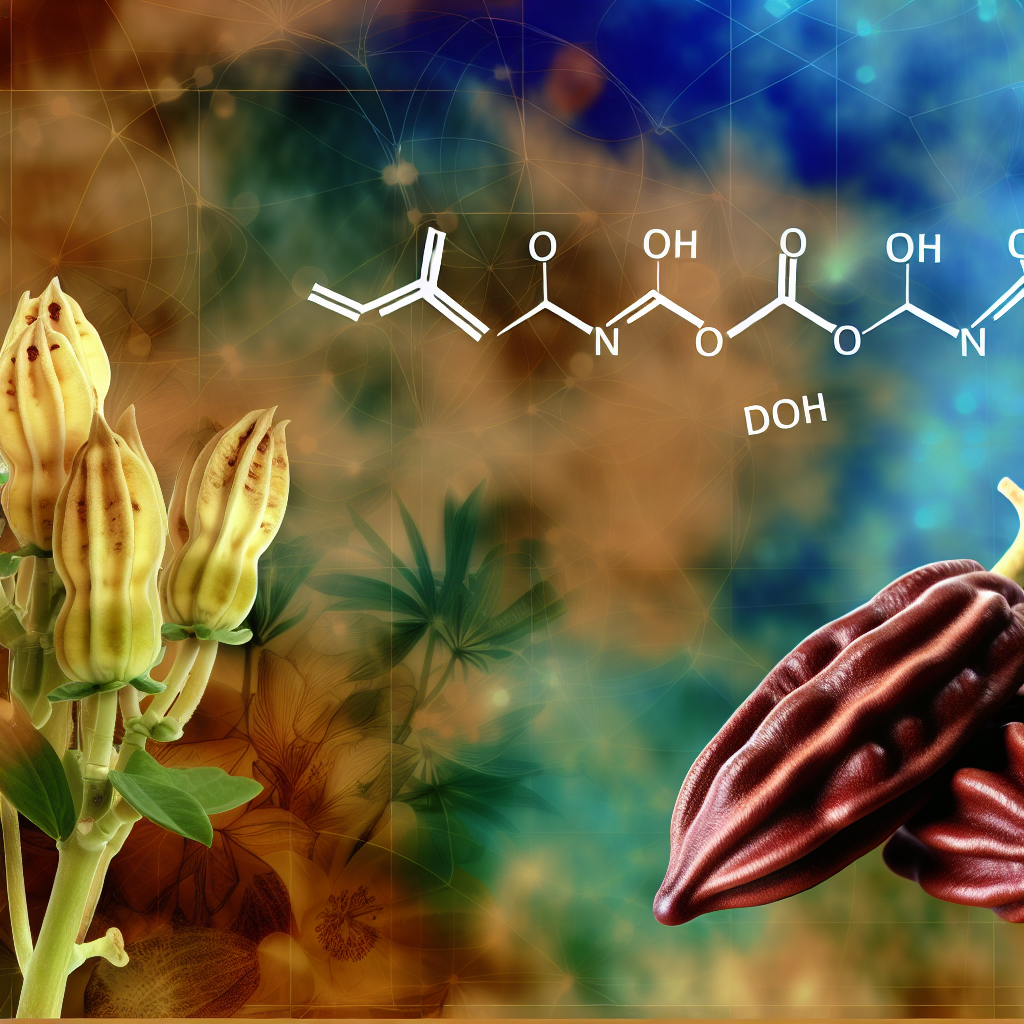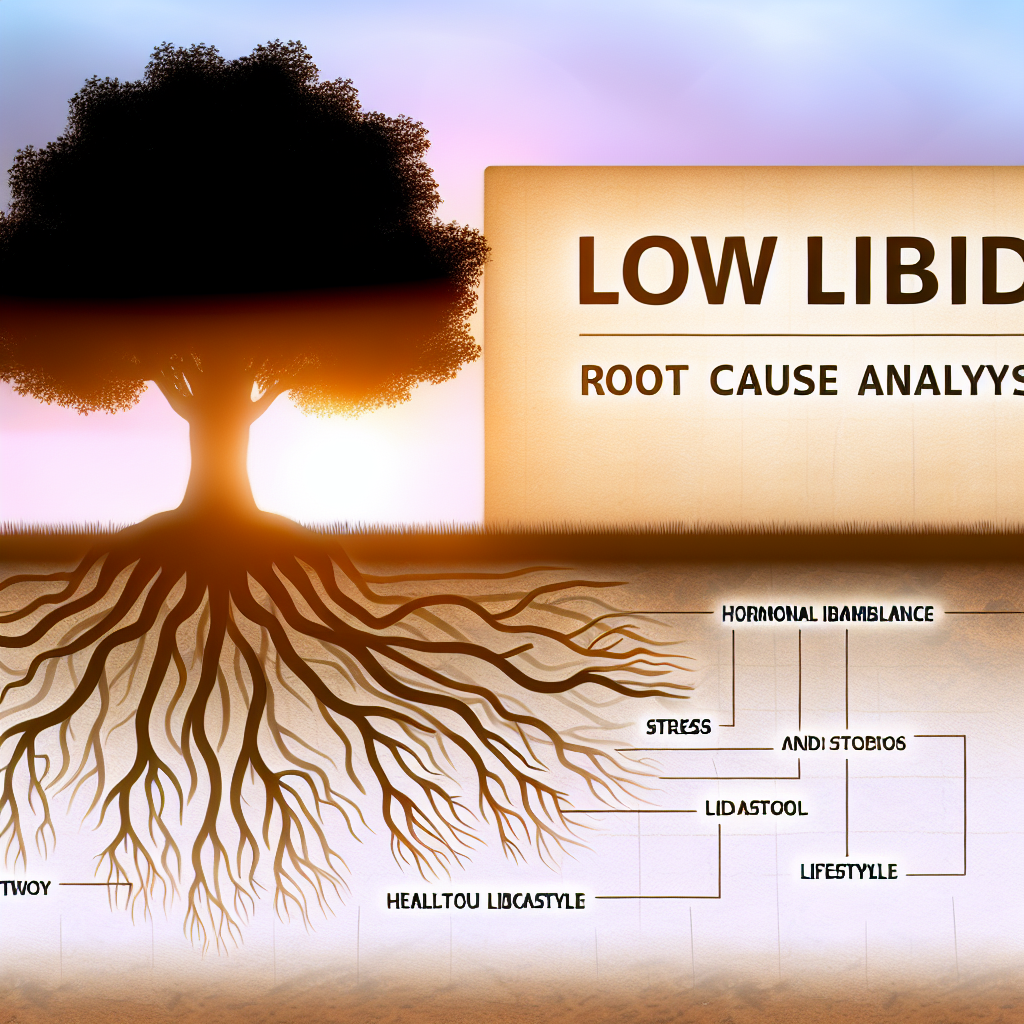Cortisol Management through Diet and Adaptogens
Introduction
In today’s fast-paced world, stress has become an almost inevitable part of life—especially for men in the United States. Whether you’re a teenager dealing with school pressures, a working adult juggling career and family, or a senior concerned about health and longevity, managing stress is vital. One hormone plays a central role: cortisol, often referred to as the “stress hormone.” Produced by the adrenal glands, cortisol is released during stressful situations as part of our body’s natural “fight-or-flight” response. While short bursts of cortisol are beneficial, chronic elevation can harm the body.
Elevated stress hormone levels have been linked to a range of issues including weight gain, high blood pressure, sleep disturbances, reduced immune function, anxiety, depression, and even decreased testosterone levels—particularly critical for men at all ages.
While many people turn to pharmaceuticals or activities like exercise and meditation, an often overlooked yet impactful method of managing cortisol involves diet and adaptogens. Through nutritional strategies and natural plant-based remedies, men can support their body’s ability to manage stress more effectively.
Emerging research suggests that specific foods and botanical compounds can modulate the Hypothalamic-Pituitary-Adrenal (HPA) axis—the body’s central stress-response system. This article explores how dietary approaches and adaptogens can help men of all ages manage cortisol naturally and improve overall health and resilience.
Scientific Insights on Cortisol, Diet, and Adaptogens
Recent research emphasizes that nutrition plays a pivotal role in regulating the body’s response to stress and controlling cortisol production. Diets high in sugar, saturated fats, and refined carbohydrates have been shown to increase cortisol secretion, making the body more vulnerable to chronic stress. On the other hand, diets rich in antioxidants, complex carbohydrates, and healthy fats help to stabilize the HPA axis, minimize systemic inflammation, and promote hormonal balance.
For instance, a study in the journal Psychoneuroendocrinology found that post-stress intake of complex carbohydrates significantly lowered cortisol levels. Similarly, research in the American Journal of Clinical Nutrition revealed that diets rich in omega-3 fatty acids—found in foods such as salmon, walnuts, and flaxseeds—reduced cortisol reactivity to social stress.
Adaptogens and Cortisol Regulation
In addition to dietary changes, natural botanicals known as adaptogens offer immense potential in helping the body balance cortisol. Adaptogens support a healthy stress response by improving adrenal function and enhancing stamina.
Some of the most thoroughly researched adaptogens for cortisol include:
– Ashwagandha: A 2019 study in Medicine (Baltimore) showed that participants taking ashwagandha root extract for 60 days experienced significantly reduced cortisol levels and reported lower stress.
– Rhodiola rosea: Known for reducing fatigue and enhancing cognitive performance, Rhodiola has shown strong cortisol-balancing effects post-exertion. Research published in Phytomedicine also noted its ability to restore cortisol balance without sedative side effects.
– Holy Basil (Tulsi): Long used in Ayurvedic medicine, holy basil improves mood and sleep quality. A study from Evidence-Based Complementary and Alternative Medicine highlighted significant cortisol reduction and improved markers of stress and anxiety.
Top Foods That Help Reduce Cortisol
Implementing a cortisol-friendly diet is simple and highly effective. The following foods are especially beneficial for men aiming to reduce chronic stress:
– Dark leafy greens (e.g., spinach, kale): High in magnesium, which is critical for regulating cortisol levels. Magnesium aids in neuromuscular function, supports energy metabolism, and can improve sleep quality. Refer to this NIH study on magnesium’s role in stress modulation.
– Fatty fish (e.g., salmon, mackerel): Packed with omega-3 fatty acids, these reduce inflammation and cortisol, and improve cardiovascular health. Learn more from this NIH report on Omega-3 influence on cortisol.
– Whole grains: Barley, oatmeal, brown rice, and quinoa help maintain blood sugar balance, thereby reducing spikes in cortisol due to insulin fluctuations. Complex carbs are also linked to serotonin production, the “feel-good” neurotransmitter.
– Probiotic-rich foods (e.g., yogurt, kefir, sauerkraut): A healthy gut microbiome supports HPA axis regulation. The gut-brain axis is increasingly recognized as a vital player in stress response—backed by this Harvard Health article.
– Vitamin C-rich fruits (e.g., oranges, strawberries, kiwi): This vitamin has a protective effect against stress-induced increases in cortisol and supports immune function.
By including more of these nutrient-dense choices and decreasing processed and sugary foods, men can create a dietary environment that naturally curbs cortisol production.
Holistic and Sustainable Lifestyle Application
The best part about using diet and adaptogens to manage cortisol is that these strategies are accessible and easy to maintain over time. Unlike more invasive or expensive interventions, such as hormone therapy or prescription medications, nutritional modifications offer long-term benefits while minimizing side effects.
Making gradual changes to your meals, choosing functional foods, and incorporating adaptogenic herbs in your routine—either as teas, capsules, or powdered form—can yield sustainable benefits. Many stress-reducing adaptogens also offer additional perks like immune support, improved focus, and enhanced exercise recovery, making them a smart supplement for active lifestyles.
Consistency is key: Reaping the full benefits of dietary and adaptogen-based cortisol regulation requires adherence. It’s not about perfection, but about steady improvement—swapping processed snacks with nuts and fruits, or choosing herbal teas over sugar-laden beverages can make a significant difference over months.
Conclusion
Managing cortisol levels is essential for men’s mental clarity, physical energy, mood stability, and healthy aging. While stress is unavoidable, its impact doesn’t have to be. Strategic lifestyle choices centered around nutrition and adaptogens allow men to naturally support their bodies in handling pressure.
Including foods that nourish the body and incorporating adaptogens like ashwagandha, Rhodiola, and holy basil offers a safe and effective way to mitigate cortisol’s negative effects. These changes may also help reinforce testosterone balance, energy metabolism, and immune strength.
Ultimately, a hormone-healthy lifestyle doesn’t require drastic measures. With simple yet consistent changes to your diet and stress responses, you can take control of your health—for now and for the future.
Concise Summary
Chronic stress elevates cortisol levels, negatively impacting men’s health across all ages. Diets rich in complex carbs, dark leafy greens, omega-3 fats, and probiotics help regulate the HPA axis and lower cortisol naturally. Adaptogens such as ashwagandha, Rhodiola rosea, and holy basil further enhance stress resilience and hormonal balance. Backed by scientific studies, these natural interventions are affordable, sustainable, and effective. By integrating targeted dietary choices and adaptogens, men can reduce stress, improve energy, and support testosterone and overall well-being without drastic lifestyle changes.
References
1. Psychoneuroendocrinology – Effects of carbohydrate ingestion on cortisol release
2. American Journal of Clinical Nutrition – Diet and cortisol response to stress
3. Medicine (Baltimore) – Efficacy and safety of Ashwagandha
4. Phytomedicine – Rhodiola rosea in stress management
5. Evidence-Based Complementary and Alternative Medicine – Holy Basil (Tulsi) health effects
6. NIH – Effects of Omega-3s on Cortisol Levels
7. Harvard Health – The Gut-Brain Connection
8. NIH – Magnesium and Stress Response

Dominic E. is a passionate filmmaker navigating the exciting intersection of art and science. By day, he delves into the complexities of the human body as a full-time medical writer, meticulously translating intricate medical concepts into accessible and engaging narratives. By night, he explores the boundless realm of cinematic storytelling, crafting narratives that evoke emotion and challenge perspectives. Film Student and Full-time Medical Writer for ContentVendor.com




